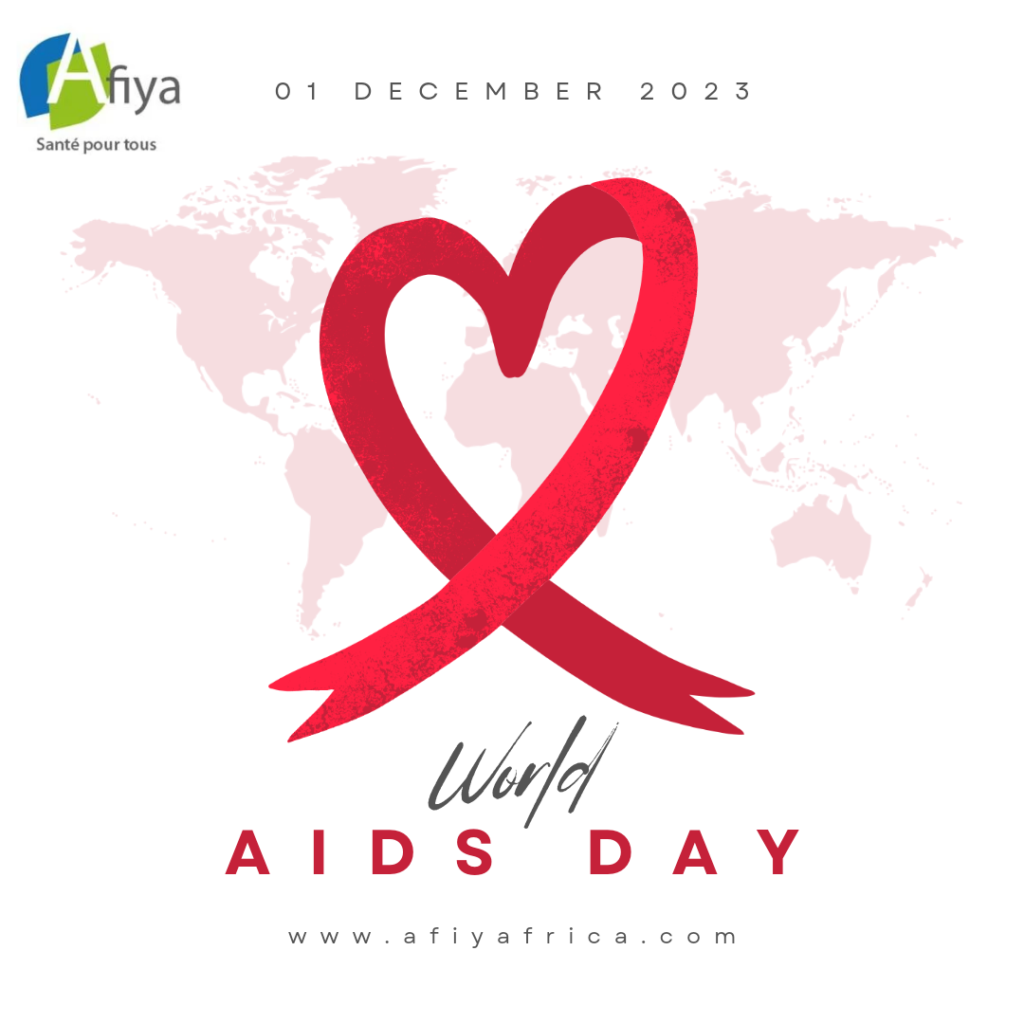The world can end AIDS, with communities leading the way. Community-based organizations of people living with, at risk of or affected by HIV are at the forefront of progress in the HIV response. Communities connect people to person-centered public health services, build trust, innovate, monitor the implementation of policies and services, and hold providers accountable.
However, communities are hampered in their leadership. Scarce funding, political and regulatory barriers, capacity constraints and repressive measures on civil society and the fundamental rights of marginalized populations are hampering progress in HIV care and prevention services. If these barriers are removed, community-led organizations can give even greater impetus to the global response to HIV, multiplying progress towards ending AIDS.
This World AIDS Day is much more than a celebration of community achievements; it’s a call to action to empower and support communities in their leadership roles. World AIDS Day 2023 will emphasize that to unleash the full potential of community leadership to end AIDS:
community leadership roles must be at the heart of all HIV plans and programs, including their drafting, budgeting, implementation, monitoring and analysis. “Nothing for us without us.”
community leadership roles must be fully and reliably funded to enable the scale-up required, and properly supported and remunerated. “Not ending AIDS costs more than ending it.”
barriers to community leadership roles must be removed. An enabling regulatory environment is needed to facilitate the role of communities in HIV service delivery, to guarantee space for civil society and to protect human rights without exception, including marginalized communities, to advance the global response to HIV. “Abolish discriminatory laws, adopt protective laws.”
Communities lead World AIDS Day and, around the world, shape events and personalize detailed appeals to their specific needs. The photos and videos shared by groups on social networks and aggregated by UNAIDS will enable the public to see the multitude of events organized in a spirit of determination and hope, and to hear these communities’ calls to action.
Because change is not a momentary process, but a movement, the message of “Entrusting leadership to communities” is a long-term one. It will be at the heart of activities throughout November. You’ll see the publication of the World AIDS Day Report, Entrusting Leadership to Communities, at the end of November, reach a crescendo on World AIDS Day on December 1, and continue to echo throughout December and beyond.
“Ending AIDS is within our grasp,” said UNAIDS Executive Director Winnie Byanyima. “To take the path that ends AIDS, the world must entrust leadership to communities.”







OTHER ARTICLES
7 April 2023 World Health Day, the World Health Organization will observe its 75th anniversary.
World Health Organization (WHO) and World Bank bolstered disease surveillance and response in South Sudan